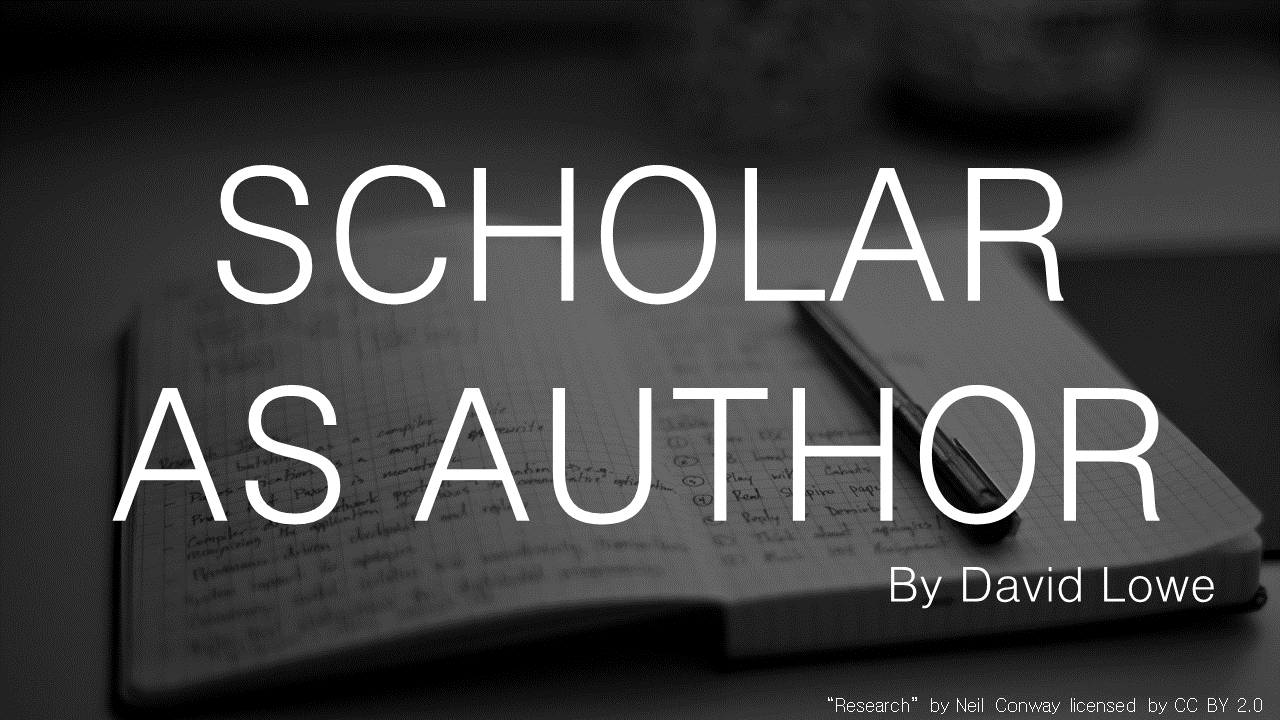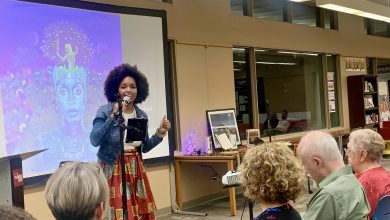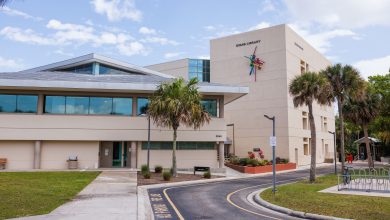FAQ #4: Where are we going with our online theses and dissertations?
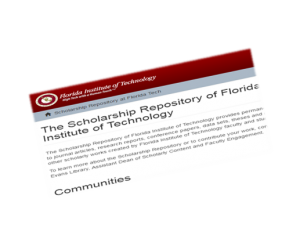 2016 is an important transitional year for graduate studies at Florida Tech. The academic year 2015-2016 was our last to be paper-focused for submitting theses and dissertations. Next school year—beginning in the Fall of 2016—we are moving to electronic submission as our primary medium for these documents of high academic achievement. We in Evans Library will make them available by uploading them to our Scholarship Repository, an archiving system where they will also be preserved through time. This processing shift was formally approved by the Florida Tech Graduate Council last month. You may refer in part to the Evans Library Research Guide on the thesis process [link edited 8/11/2016 to reflect workflow beginning Fall 2016] for more details.
2016 is an important transitional year for graduate studies at Florida Tech. The academic year 2015-2016 was our last to be paper-focused for submitting theses and dissertations. Next school year—beginning in the Fall of 2016—we are moving to electronic submission as our primary medium for these documents of high academic achievement. We in Evans Library will make them available by uploading them to our Scholarship Repository, an archiving system where they will also be preserved through time. This processing shift was formally approved by the Florida Tech Graduate Council last month. You may refer in part to the Evans Library Research Guide on the thesis process [link edited 8/11/2016 to reflect workflow beginning Fall 2016] for more details.
From the Grad Council Minutes of April 2016, it is clear that there are some concerns lingering over certain aspects of this change. One issue centers on the paperwork for embargoing, or keeping the document from public access for a limited time period, so let me share the library’s perspective. You, of course, as a current thesis or dissertation writer should take your advisor’s guidance into primary consideration. There may be constraints related to as yet unpublished grant project findings or, in the case of private sector support, perhaps a confidentiality agreement. Ultimately, the embargo decision and the accuracy of paperwork that enacts that decision will be your responsibility as the author of the thesis or dissertation. Also keep in mind that during the past decade or two, much has changed in the overall realm of scholarly communication, including in the transition from graduate student to academically degreed professional, such that the immediate online accessibility of your work may be more valuable than protecting your work for a period of time; so, if there are not legal or ethical reasons influencing otherwise, you probably should consider favoring your embargo decision toward openness. A job candidate’s work that remains a question mark to a search committee is at a severe disadvantage to one whose work is readily accessible. (Such are our times, due to the high velocity part of the three Vs of Big Data; individual patience capacity to wait for findings to arrive by snail mail has long been left in the dust created in the wake of Moore’s Law.)
to academically degreed professional, such that the immediate online accessibility of your work may be more valuable than protecting your work for a period of time; so, if there are not legal or ethical reasons influencing otherwise, you probably should consider favoring your embargo decision toward openness. A job candidate’s work that remains a question mark to a search committee is at a severe disadvantage to one whose work is readily accessible. (Such are our times, due to the high velocity part of the three Vs of Big Data; individual patience capacity to wait for findings to arrive by snail mail has long been left in the dust created in the wake of Moore’s Law.)
Another big category of embargo concerns is related to the thesis or dissertation writer’s intellectual property, specifically copyright or patent hopes. Under current U.S. law, contrary to popular misconceptions, copyright legally gets conferred not from some arcane registration process or lawyer’s fancy paperwork, but instead happens at the very moment the writer fixes ideas into a “tangible medium of expression,” even such as a digital MSWord or LaTeX document as approved by your reviewing committee. (As always, though, whenever you incorporate someone else’s expressions of ideas, you need to cite those.) If you as copyright holder are worried that your plans to publish an article or book spiraling from your graduate work would be hindered unless your thesis or dissertation is embargoed, you should check with your publisher first. Some might mind, but many do not. To embargo on some off chance that you are endangering other publication paths may not stand up to scrutiny. In fact, openness could even help you, as editors and reviewers are able to refer to back to what you accomplished on campus.
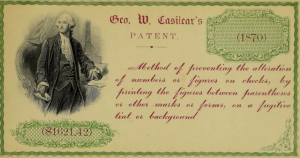 As for patent concerns, holding off on making a thesis or dissertation public until patent paperwork clears does make perfect sense, but take care not to over-estimate the time required. Again, the career boost from having your work accessible will probably be as valuable as anything in most cases. Rely on your advisor and legal counsel for just the right fit to determine your ideal embargo period.
As for patent concerns, holding off on making a thesis or dissertation public until patent paperwork clears does make perfect sense, but take care not to over-estimate the time required. Again, the career boost from having your work accessible will probably be as valuable as anything in most cases. Rely on your advisor and legal counsel for just the right fit to determine your ideal embargo period.
Image credits:
- © Florida Institute of Technology
- Velocity, by Robert S. Donovan, © 2009, CC-NC at: https://www.flickr.com/photos/booleansplit/3942748344/
- From Laban Heath’s The United States Counterfeit Detector, and Teachers’ Guide, 1871, at https://archive.org/details/unitedstatescounhh02heat , p. 11

